Empowering Young Consumers: Understanding the Journey of Garments and Making Ethical Choices
By Jeanine Ballone
Empowering Young Consumers: Understanding the Journey of Garments and Making Ethical Choices
In an era dominated by fast fashion, where trends come and go at lightning speed, it is essential to pause and reflect on the impact of our clothing choices. As the sustainability editor of PAGE MAGAZINE, I had the privilege of interviewing Dr. Hakan Karaosman, an internationally experienced and award-winning scientific researcher in the field of fashion supply chains at the nexus of climate change and social justice. With a remarkable background as Assistant Professor at Cardiff Business School, Chief Scientist at FReSCH (Fashion's Responsible Supply Chain Hub), and Visiting Assistant Professor at University College Dublin, Dr. Karaosman brings a wealth of knowledge and expertise to our conversation.
Notably, Dr. Karaosman serves as the Chair of the Union of Concerned Researchers in Fashion (UCRF) and leads the Sustainable Fashion initiative at the Centre of Public Value Procurement at Cardiff Business School, under the guidance of Prof. Jane Lynch. Dr. Karaosman has recently been appointed to the advisory board of Remake, a prominent organization known for their work on the policy front and the #payup campaign. Recognized as a Sustainability Thought Leader in the Vogue Business 100 Innovators: Class of 2023, Dr. Karaosman's contributions have been widely acknowledged, including his recent Excellence in Sustainability award at the Cardiff University Celebrating Excellence Awards 2023.
Dr. Karaosman's work extends beyond academia, as he collaborates with organizations such as the UN, NGOs, fashion companies, and media platforms to drive sustainability, climate change, and transparency initiatives. His groundbreaking research, highly cited academic papers, book chapters, teaching cases, and industrial reports have made a significant impact on the fashion industry.
Hakan Karaosman: Raising awareness and educating the younger generation about the true cost of their clothing choices is crucial. We need to engage and empower every stakeholder group to become aware, ask questions, and demand greater transparency. Young people should be encouraged to challenge the notion of passive consumerism and become conscious citizens who make informed purchasing decisions. By promoting discussions, sharing information, and highlighting the impact of fashion on societies, ecosystems, and the Earth, we can inspire young people to prioritize sustainability and ethical fashion.
Page Magazine: Hakan Karaosman, as a fashion expert, how can we encourage young people to prioritize sustainable and ethical fashion without compromising their personal style and affordability?
Hakan Karaosman: It's important to emphasize that prioritizing sustainable and ethical fashion does not mean compromising personal style or affordability. Young people can embrace sustainable fashion by considering alternative options such as buying secondhand, renting clothing for special occasions, or supporting ethical brands that offer affordable and stylish choices. By exploring their own creativity, upcycling or customizing garments, and investing in timeless and high-quality pieces, young consumers can express their personal style while making sustainable choices.
Page Magazine: What are some practical steps that young consumers can take to support ethical fashion? Are there any specific brands or initiatives that you would recommend?
Hakan Karaosman: There are several practical steps that young consumers can take to support ethical fashion. They can start by educating themselves about the issues surrounding fast fashion and the importance of ethical and sustainable practices. Buying less and choosing well, buying secondhand, supporting ethical brands, renting or borrowing clothing, and taking care of their clothes are all impactful actions. Some notable ethical fashion brands include Patagonia, Everlane, Reformation, and People Tree. Additionally, participating in clothing swaps and demanding transparency from fashion brands are effective ways to promote ethical fashion.
Page Magazine: Social media plays a significant role in shaping fashion trends and consumer behavior. How can influencers and fashion brands leverage their platforms to promote sustainable fashion and encourage transparency in supply chains?
Hakan Karaosman: Influencers and fashion brands have a unique opportunity to leverage their platforms and promote sustainable fashion while encouraging transparency in supply chains. They can collaborate with sustainable brands, educate and inform their followers about the impact of fast fashion, share personal experiences and highlight innovations and initiatives in the industry. By practicing what they preach and engaging in meaningful conversations with their followers, influencers and fashion brands can inspire positive change and create a shift towards sustainability and transparency.
Page Magazine: The concept of "slow fashion" has gained traction as an alternative to fast fashion. How can we encourage young people to embrace slow fashion and prioritize quality over quantity?
Hakan Karaosman: The concept of "slow fashion" encourages young people to prioritize quality over quantity and embrace a more thoughtful and sustainable approach to fashion. By educating them about the philosophy of slow fashion, its focus on craftsmanship, durability, and minimizing the impact on societies and ecosystems, we can inspire young people to make conscious choices. Highlighting the value of cherishing fashion products rather than consuming them and promoting the idea of minimalism and timeless style can encourage young people to embrace slow fashion.
Page Magazine: How can the fashion industry as a whole work towards a more sustainable and transparent future?
Hakan Karaosman: The fashion industry as a whole can work towards a more sustainable and transparent future by adopting a holistic approach. This includes implementing sustainable practices throughout the entire supply chain, from sourcing raw materials to manufacturing, distribution, and end-of-life disposal. Fashion brands should prioritize environmental and social responsibility by reducing waste, using eco-friendly materials, and ensuring fair and safe working conditions for all workers involved.
Collaboration and innovation are key in driving change within the industry. Brands can collaborate with research institutions, NGOs, and government agencies to develop and implement sustainable practices. Investing in research and development of new technologies and materials can also lead to more sustainable and efficient production processes.
Transparency is crucial in creating a sustainable and transparent future. Fashion brands should disclose information about their supply chain, including the origins of raw materials, manufacturing processes, and labor practices. This transparency enables consumers to make informed decisions and hold brands accountable for their actions.
Education and awareness are essential in transforming the fashion industry. Fashion schools and educational institutions should incorporate sustainability and ethics into their curricula to prepare the next generation of fashion professionals. Additionally, media platforms can play a vital role in raising awareness by highlighting sustainable fashion initiatives, sharing success stories, and educating consumers about the impact of their choices.
By working together, the fashion industry can move towards a more sustainable and transparent future, where fashion is not only stylish but also responsible and respectful of the environment and workers in the supply chain.
HOW DO YOU FEEL ABOUT FASHION?
COMMENT OR TAKE OUR PAGE READER SURVEY
Featured


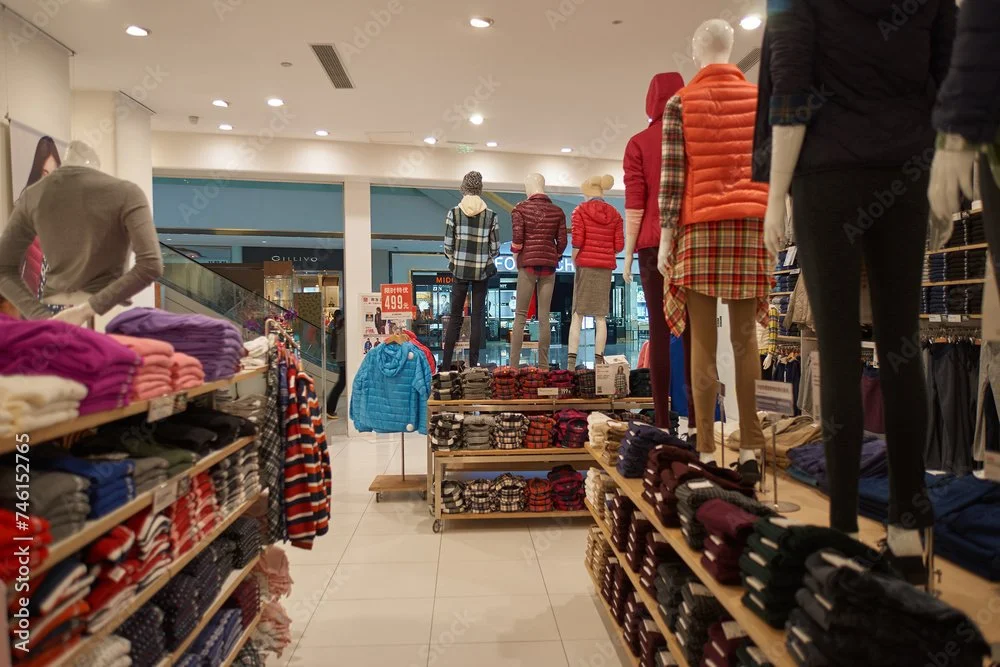
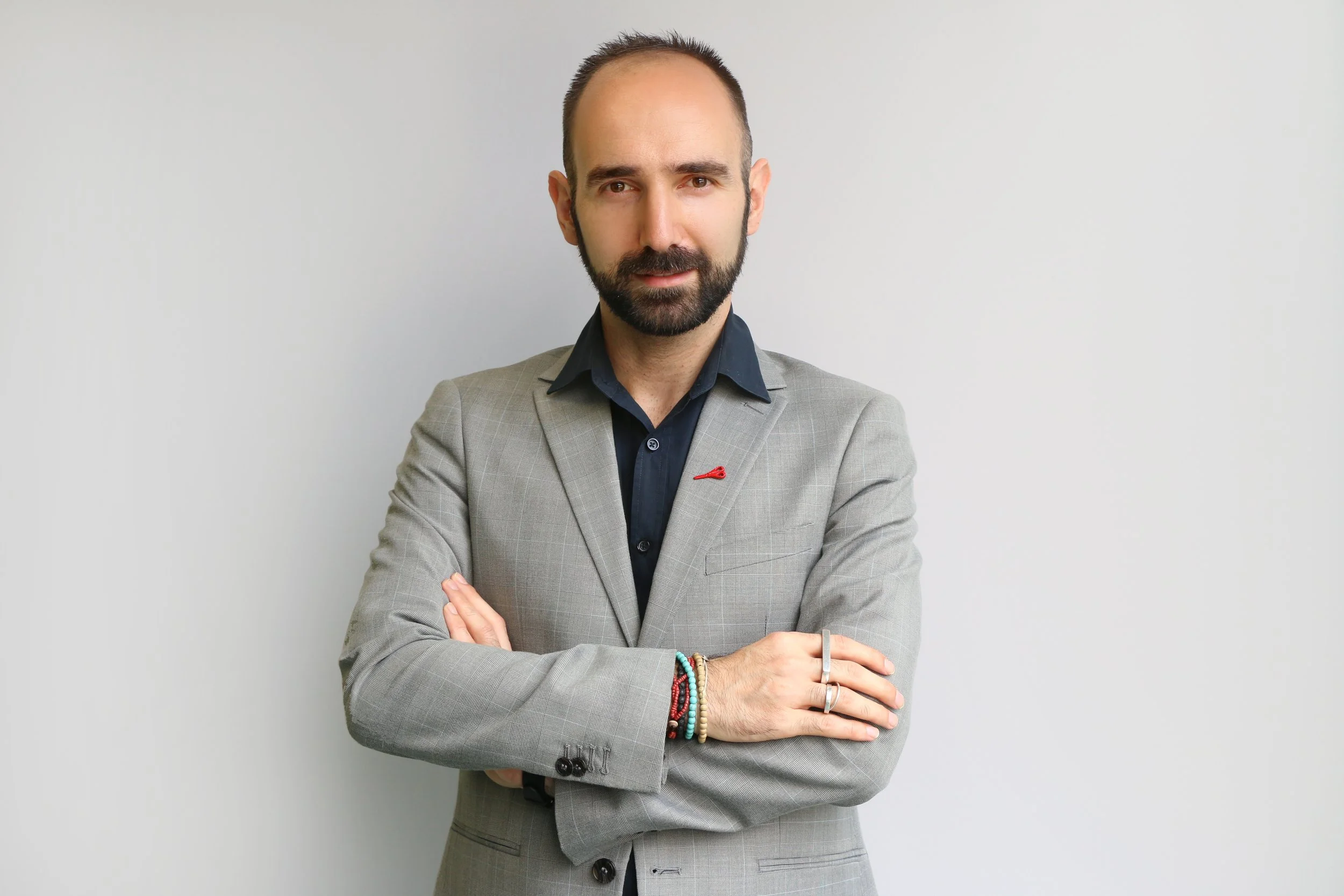
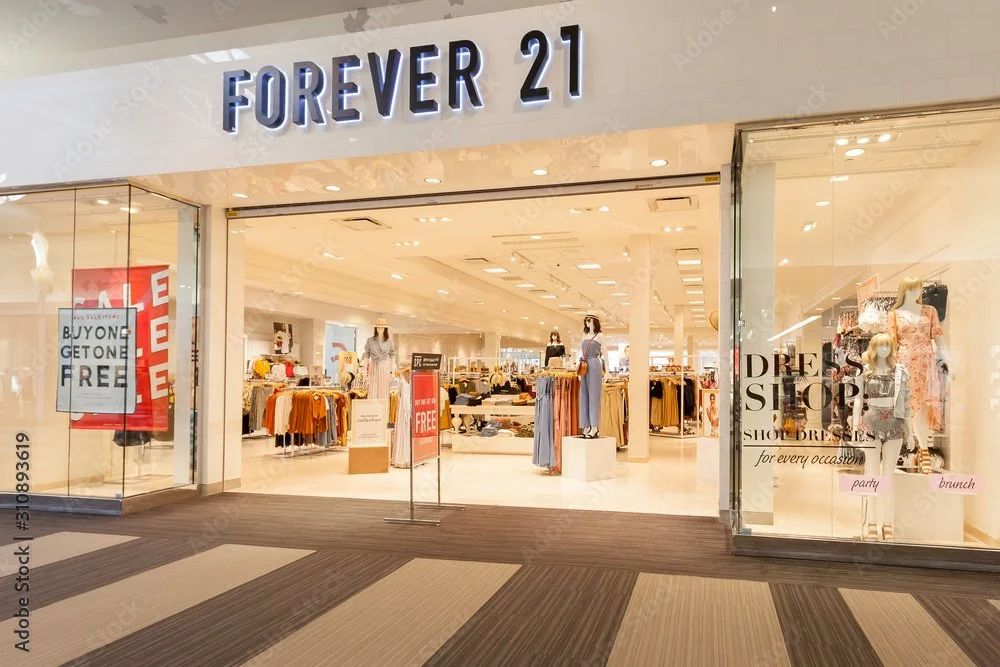
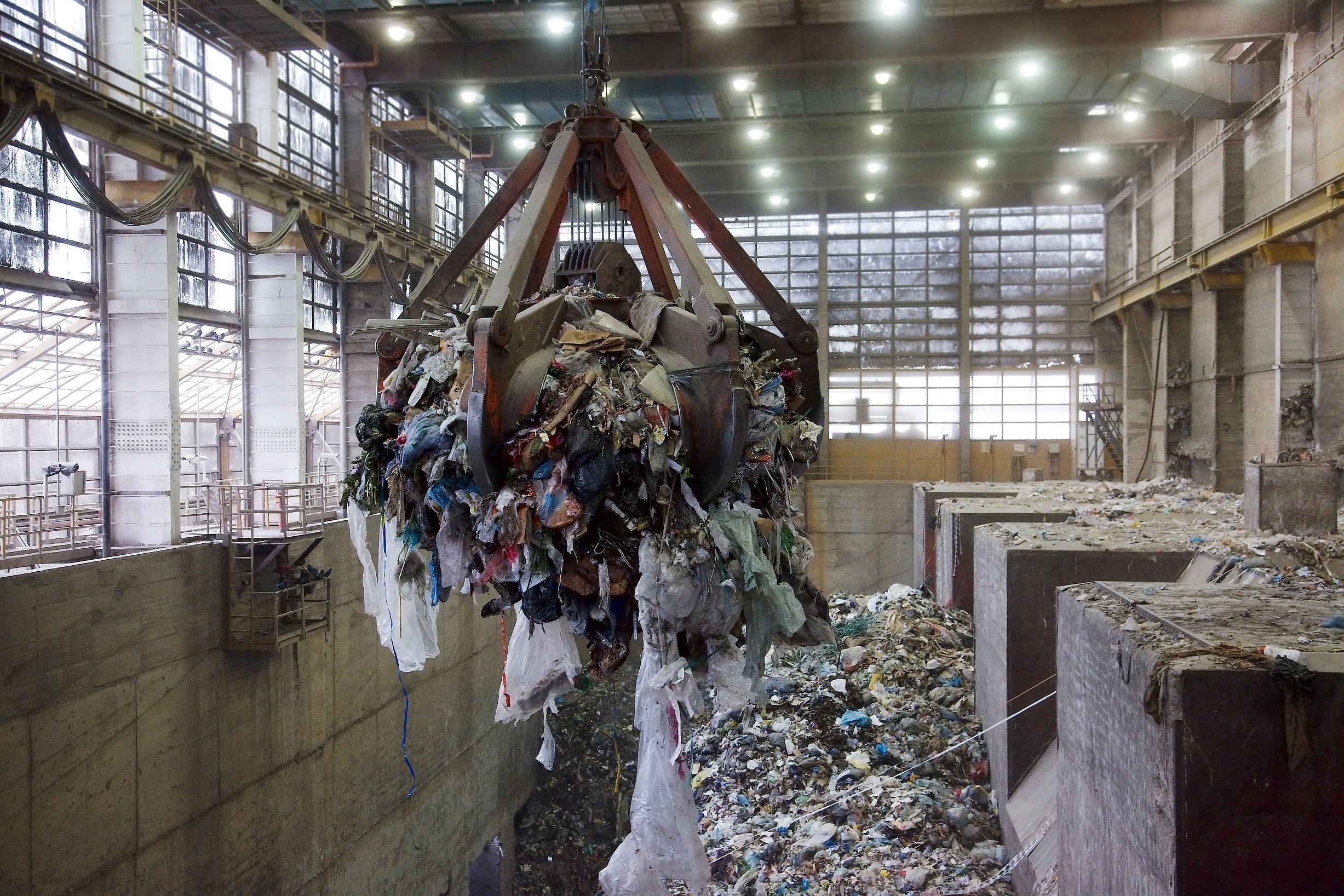

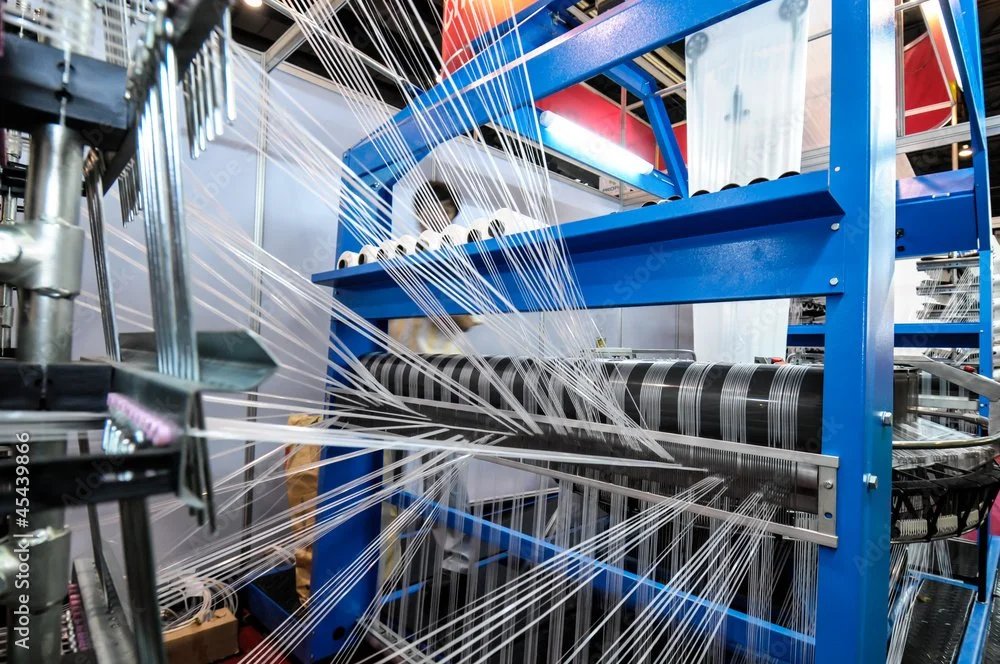





Since then, the initiative has created a powerful ripple effect across the global supply chain, empowering luxury houses, premium brands, and forward-thinking mills to adopt clean chemical management and verified sustainable manufacturing at scale.